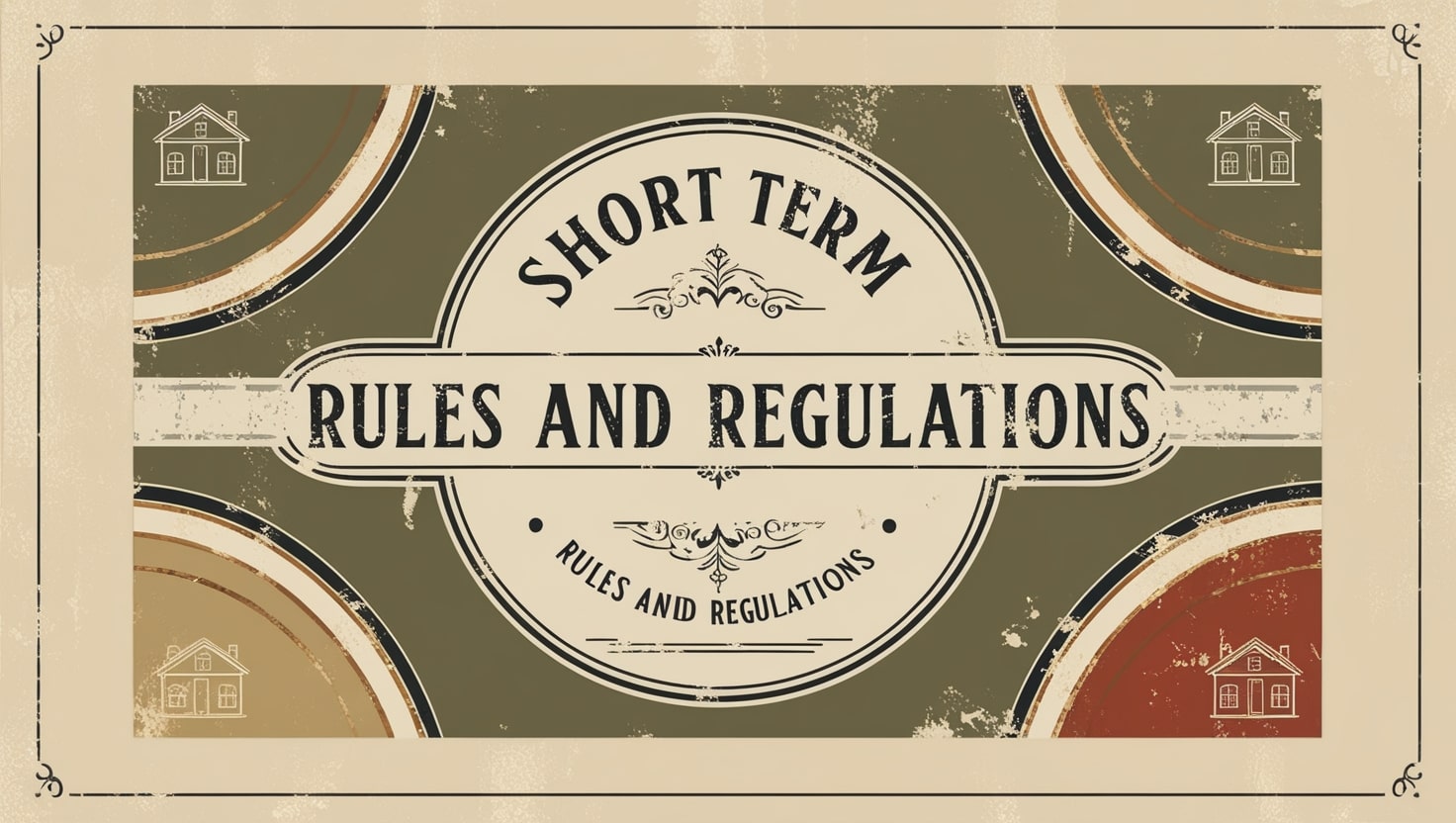Overview of Airbnb Regulations in Newark, New Jersey
Newark, New Jersey, has recognized the rapid growth of the short-term rental market facilitated by platforms like Airbnb and has implemented a set of regulatory measures aimed at ensuring safety, compliance, and harmony within its neighborhoods. As a busy urban area within the New York City Metropolitan Region, Newark's approach to regulating short-term rentals is both comprehensive and focused on balancing the interests of hosts, guests, and the local community.
Key Regulatory Measures
Permit Requirements:
- Hosts are required to obtain a specific permit that verifies compliance with local zoning laws. This includes property inspections that ensure safety and health standards are met.
- Permits are granted to specific types of properties such as single-family homes and certain multi-family units. Notably, the permit application process requires documentation, including proof of ownership, and a minimum of $500,000 in general liability insurance.
Safety and Health Standards:
- Newark mandates that short-term rentals adhere to fire safety codes and property maintenance regulations. Hosts must ensure that their properties have functional smoke detectors, carbon monoxide detectors, and compliant escape routes.
- An annual inspection is required for each short-term rental property to maintain compliance with these safety standards.
Tax Obligations:
- Hosts are required to register for tax purposes and collect applicable state and local taxes, including a 6% hotel occupancy tax. This ensures that short-term rentals contribute to city services and infrastructure.
Zoning and Occupancy Regulations:
- Only properties within designated zoning areas may operate as short-term rentals. The primary occupant must be over the age of 21 to ensure responsible hosting.
- Short-term rental regulations are also influenced by condominium associations and homeowners’ associations (HOAs), which may impose stricter rules or prohibitions against rentals.
Community Relations:
- The city enforces noise ordinances to maintain neighborhood tranquility, requiring hosts to ensure compliance and manage guest behavior.
- Each rental must have a local contact responsible for addressing community concerns.
Impact of Regulations on Stakeholders
- For Hosts: Compliance may involve initial costs such as permit fees and insurance, but meeting regulatory expectations can enhance the appeal of a rental by ensuring safety and legitimacy.
- For Travelers: These regulations assure guests that they are staying in properties that meet established safety standards, which can enhance the overall experience.
- For the Community: Regulations help mitigate potential negative impacts of short-term rentals on local housing markets, ensuring availability of affordable housing and maintaining community integrity.
Conclusion
Newark's regulations on Airbnb and similar short-term rental platforms reflect a commitment to balancing the dynamics of the sharing economy with the needs and safety of its residents. By implementing clear guidelines regarding permits, safety standards, tax obligations, and community relations, Newark aims to foster a sustainable environment for all stakeholders involved in the growing short-term rental market. Understanding these regulations is essential for hosts aiming to participate in Newark's Airbnb scene while contributing positively to the local community and economy.
Airbnb Statistics in Newark! 🚀
Currently, there are 1998 Airbnb listings in Newark. The
Average Occupancy Rate in
Newark is 56% and the average daily rate is
$95.
According to vacation rental market data source Airbtics,
average revenue in Newark is
up to $18,605
each year.


